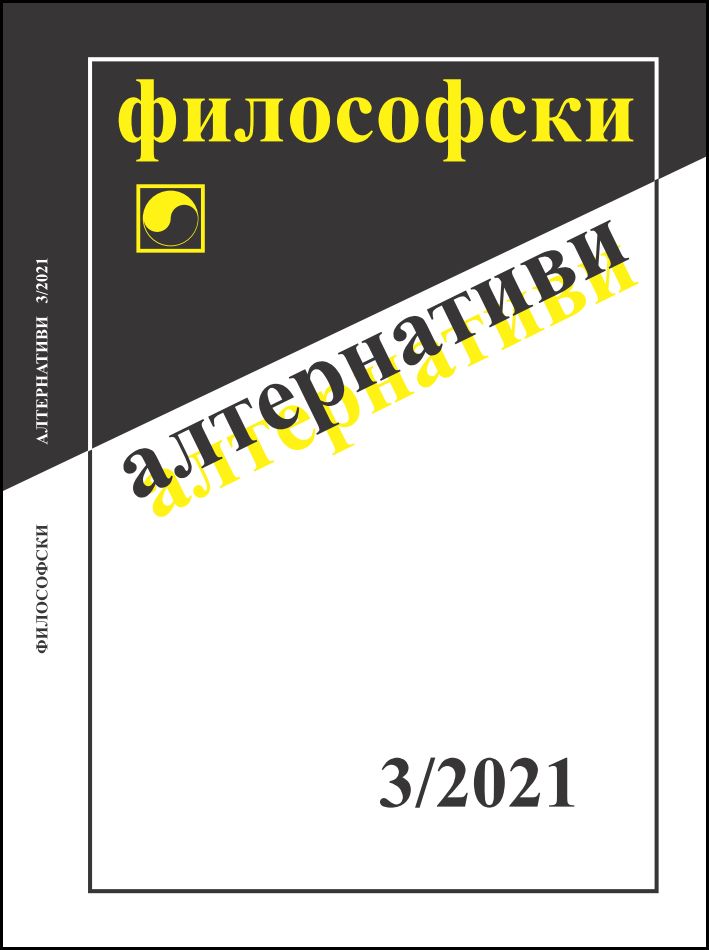Ролята на парадоксите в белетристиката
The Role of Paradoxes in Belles-Lettres
Author(s): Valeri LichevSubject(s): Philosophy, Language and Literature Studies, Semiotics / Semiology, Theoretical Linguistics, Logic
Published by: Институт по философия и социология при БАН
Keywords: paradoxes; belles-lettres; structural linguistics; logic;
Summary/Abstract: The founder of structural linguistics, F. Saussure, noted that language is a “sort of algebra”. His followers develop this idea by borrowing elements from formal logical and mathematical languages. In this way, they attempt to reveal the deep structures of any text, regardless of its genre.The us of paradoxes in artistic literature is motivated by the writers’ desire to denote something without directly naming it. J. Derrida deals with the same problem: “How to say things without saying them”.To illustrate the role of paradoxes in literary works, we can point out the conversation between Shakespeare’s character Hamlet and the clown (the gravedigger). Other examples of paradoxes can be found in the works of R. Musil, Th. Gautier, A. Schnitzler, S. Beckett, etc.
Journal: Философски алтернативи
- Issue Year: XXX/2021
- Issue No: 3
- Page Range: 150-162
- Page Count: 13
- Language: English
- Content File-PDF

